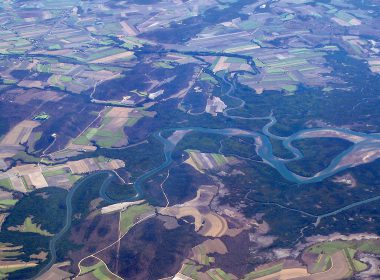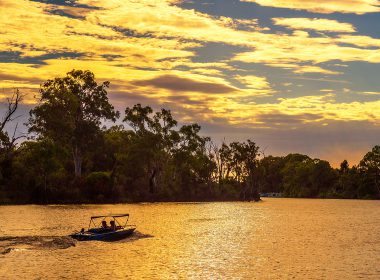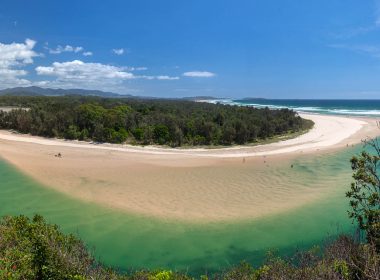Snapshot
- In Brown v Tasmania [2017] HCA 43, the High Court applied the constitutional freedom of political communication to invalidate provisions of the Tasmanian Protestors Act, insofar as they applied to forestry land.
- Aside from its impact upon the trajectory of environmental protest in Tasmania, Brown v Tasmania may also render vulnerable similar legislation and legislative proposals in other parts of Australia.
Former Greens Senator and environmental activist Bob Brown recently brought a successful constitutional challenge to Tasmanian anti-protest laws. In Brown v Tasmania [2017] HCA 43; 91 ALJR 1089, the High Court ruled in favour of Brown and second plaintiff Jessica Hoyt, applying the constitutional freedom of political communication to invalidate provisions of the Workplaces (Protection from Protesters) Act 2014 (Tas) (the ‘Protestors Act’) insofar as they applied to forestry land.
Background and legislation
The Protestors Act was enacted to protect businesses from disruptions, damage and losses caused by protestors. The Act applies selectively to ‘protestors’ engaged in ‘protest activity’ – defined in terms of furthering a cause whether ‘political, environmental, social, cultural or economic’ – on or near ‘business premises’, specifically including forest operations (ss 4, 5).




